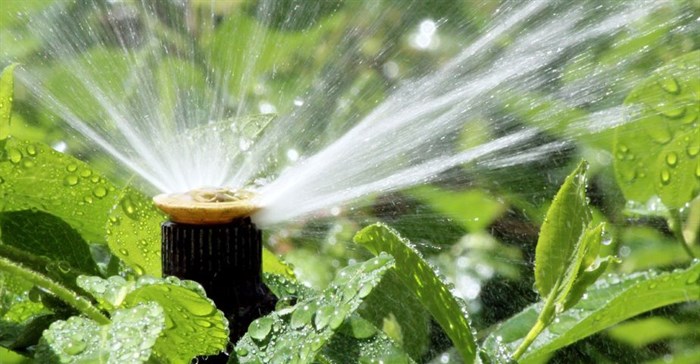A leading South African retailer is sporting a huge green feather in its cap from US researchers studying one of its environmental initiatives. Woolworths' Farming for the Future programme is succeeding in encouraging farmers to use more environmentally friendly management practices than their counterparts that do not supply the grocery chain, say a team from Stanford University.

©Carlos Edgar Soares Neto via
123RFWriting in the journal Global Environmental Change, the scientists said farming was key to the planet's health because it contributed 30% of greenhouse gas emissions.
Co-author Eric Lambin said the scientists wanted to evaluate a retailer's programme because "if these policies are effective and able to transform their entire supply chains, then they can potentially transform land-use practices worldwide and have a very positive impact on the environment". Several US retailers refused to give the Stanford team access to their data. Study lead author Tannis Thorlakson said: "It's really hard to evaluate a company's sustainability programme because you need to know exactly who their suppliers are and how the programme works.
"Woolworths provided a unique opportunity because they agreed to total academic freedom to evaluate their programme and publish results."
Thorlakson spent three months working in Woolworths' sustainability team at its Cape Town head office and interviewed more than 90 farmers and "auditors" - the agronomists, soil scientists and environmental scientists the retailer employs to advise farmers.
Helping farmers improve practices
The study said: "Farming for the Future combines annual auditor feedback with the individual needs of the farmers, rather than imposing definitive rules.
"Farms are evaluated on sustainability criteria each year, including soil management, water use, biodiversity, waste disposal, pest management, carbon footprint and environmental laws."
Thorlakson explained how the auditors operated. "According to one farmer, other auditors will drive into the farm and say, 'Nice trees you've got there'. But the Farming for the Future auditor will say, 'Tell me about those trees - those are an invasive species and they're probably affecting your water table. Why aren't we working on a management plan to deal with those?'
"The auditors are building relationships and helping farmers improve their practices.
"For example, conventional farmers are now using cover crops, which is a really hard practice to get farmers to take up but which creates long-term environmental benefits."
Sustainable farming starts with water
Fourth-generation Ceres farmer Peter Wolfaardt said Farming for the Future had been an immense help. "We have water meters in the pump houses to measure how much water we're using. On pest control, we try to be as least intrusive as we can, trying to use natural mulches because we want to produce the best-quality fruit."
Clanwilliam farmers Ross and John Bergh said sustainable farming started with water. "We take great care in looking after our water sources. One way we do this is by making use of probes to make sure we're not over-irrigating crops and to ensure the nutrients in the water aren't leeching away through our soil," said Ross.
John added: "We apply a whole lot of compost and ameliorants to the soil to build up its carbon content to improve its water-holding capacity."
Source: BDpro








































